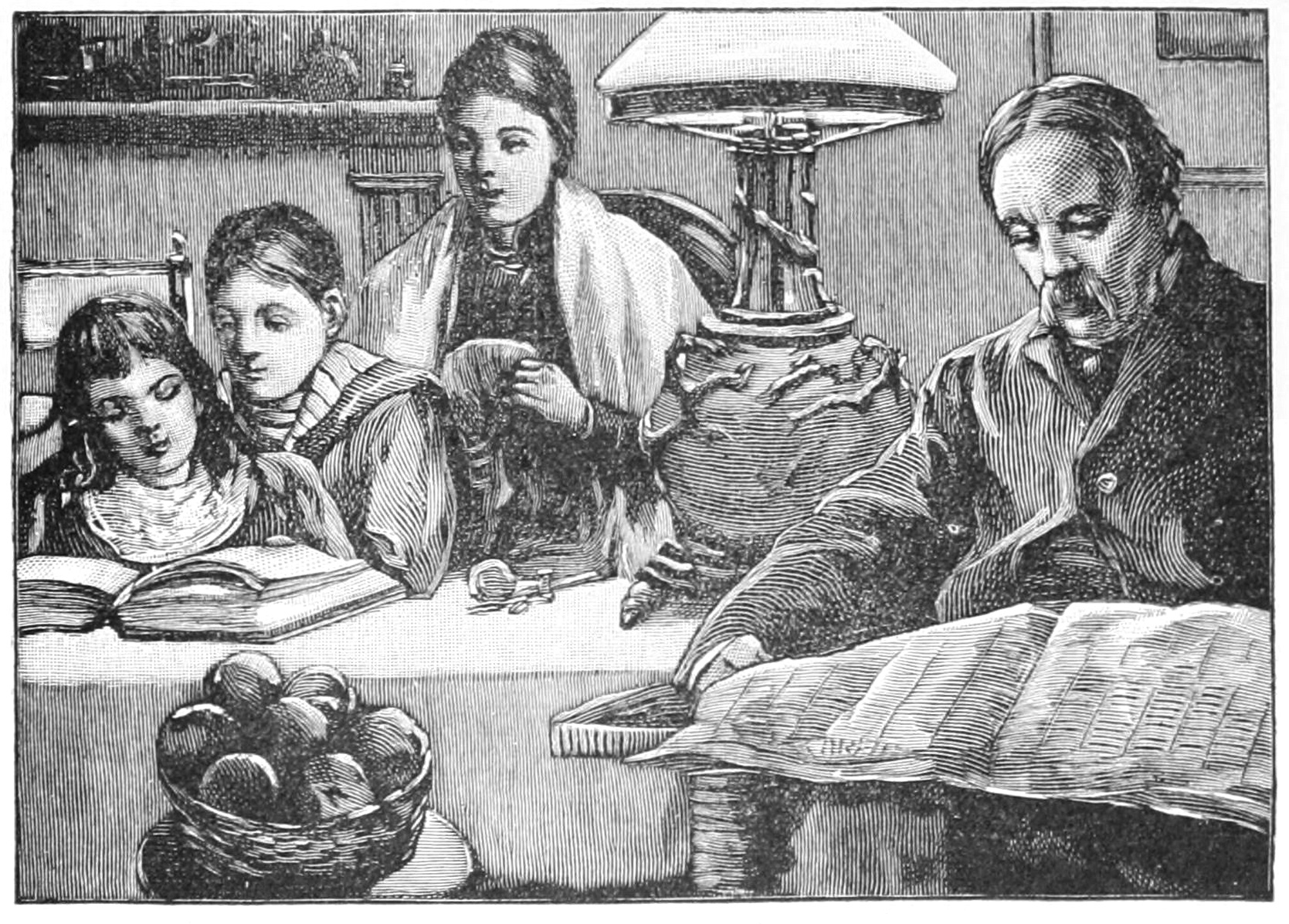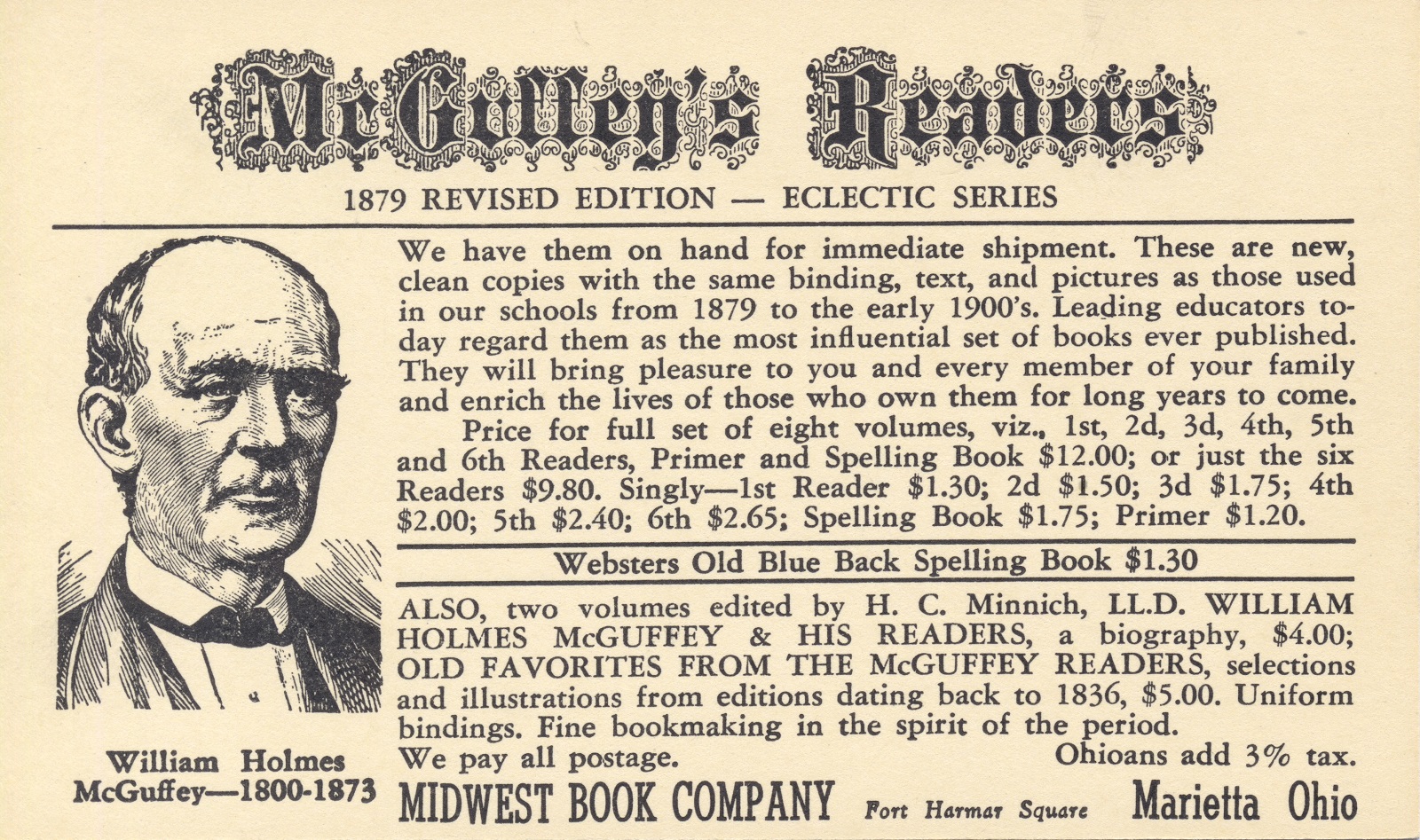
© 2020 Don Pinson | [Download]
(Link not working? Right-click and select “Save As”.)
Is it possible to actually educate unless you teach what is moral and what is not? And how can you define morality outside the Bible? Would not morality just be based on a person’s own thoughts. Couldn’t it be argued that morality is what the individual thinks it is? Isn’t this what has happened? Could this be why so many do not know why they are alive?
There has to be a reason for everything we do. Human beings simply cannot stay focused and achieve anything without knowing why they are doing what they are doing. For more than eighty years, the majority of those who have written our textbooks and planned our education curriculum have not known the reason we are alive. And if we don’t know why we’re alive, how could we ever possibly prepare children to live? If we don’t know why we’re alive, then who’s to say what is important in life? Who can define right from wrong? How can there possibly be any direction in the classroom when there’s no direction in the life of the author of the education system?
This was once clearly understood in America. William Holmes McGuffey was known as the “Schoolmaster of the Nation”. His McGuffey Readers sold over 120 million copies in the eighty years after he first published them in 1836. And remember, these were the years America rose to be the greatest nation in the world; which demands that we carefully consider his thoughts on education. Here is what he had to say about it:
“If you can induce a community to doubt the genuineness and authenticity of the Scriptures; to question the reality, and obligations of religion; to hesitate, undeciding, whether there be any thing as virtue and vice; whether there be an eternal state of [rewards and punishments] beyond the grave; or whether there exists any such being as God, you have broken down the barriers of moral virtue, and hoisted the flood-gates of immorality and crime.”
(McGuffey, William Holmes. 1853. William H. McGuffey, McGuffey’s Newly Revised Rhetorical Guide (Cincinnati: Winthrop B. Smith and Co., 1853), p. 347 | John Whitehead, The Rights of Religious Persons in Public Education (Wheaton, IL: Crossway Books, Good News Publishers, 1991), p. 18.)

Why you believe you’re alive will determine why you believe you should educate children, and your idea of education will determine the next generation’s idea of government and economy. We teach what we believe. It’s that simple. And when you can’t answer the most basic question of life (that is: Why ARE we alive?), how can you tell a student he or she should learn literature, science, or math? If the school subjects can’t be related to our purpose as mankind, how can we convince children they should learn these subjects?
This is exactly where the Bible comes in. It is the only Book in history that tells us why we’re alive. It says,
“And God said, ‘Let Us make man in Our image, after Our likeness, and let them have dominion…over all the earth.’” (Genesis 1:26)
God created us to be an expression of His life in this world. When that is taken away from the school curriculum and methodology, you begin the destruction of any education system. Indeed, we once taught in America that the very reason to learn to read was to be able to read the Bible. Children knew why they were learning to read. In that purpose was the clear value of the Bible. To read it was the goal. For in that Book were the answers to life’s most important questions.
Noah Webster, known as the Father of America’s original education method, summed up this whole discussion about education when he stated,
“Education is useless without the Bible.”
(Webster, Noah. “Our Christian Heritage”, Letter from Plymouth Rock Foundation (The Plymouth Rock Foundation), p. 5.)
Now, is it obvious why education without the Bible is self-destructing?
Think about it. Because if you don’t, someone else will do your thinking for you—and for your children! And you won’t like what that brings to you. I’m Don Pinson; this has been Think About It.
